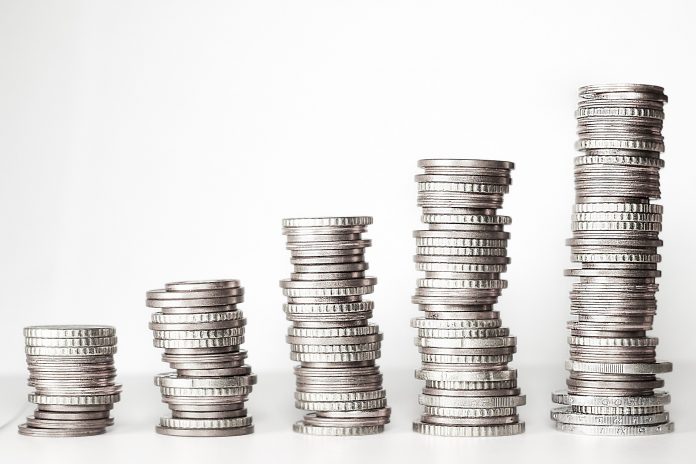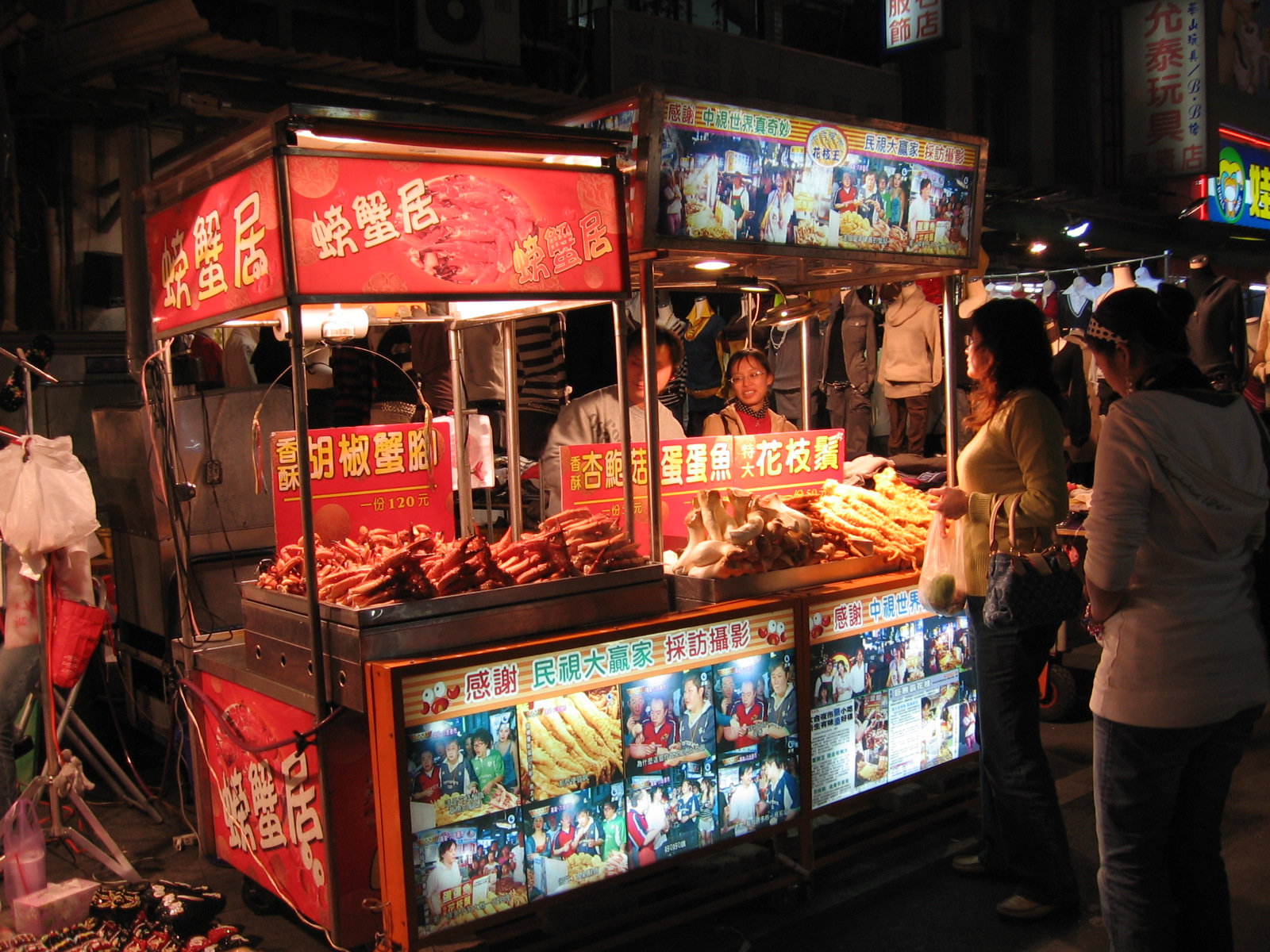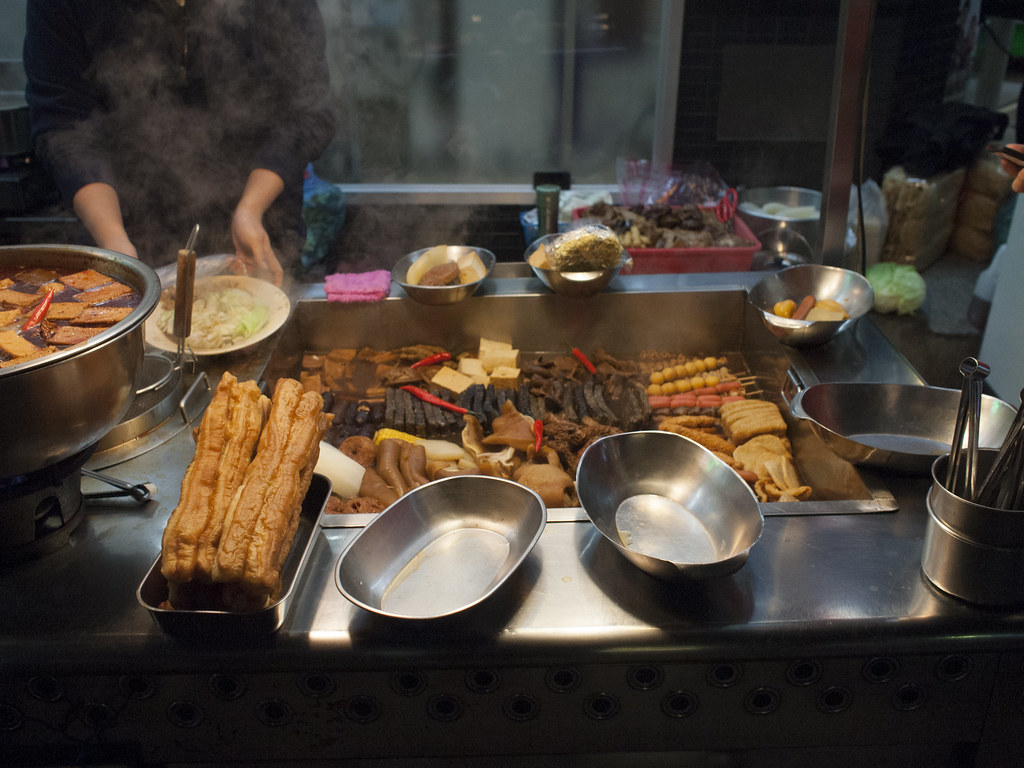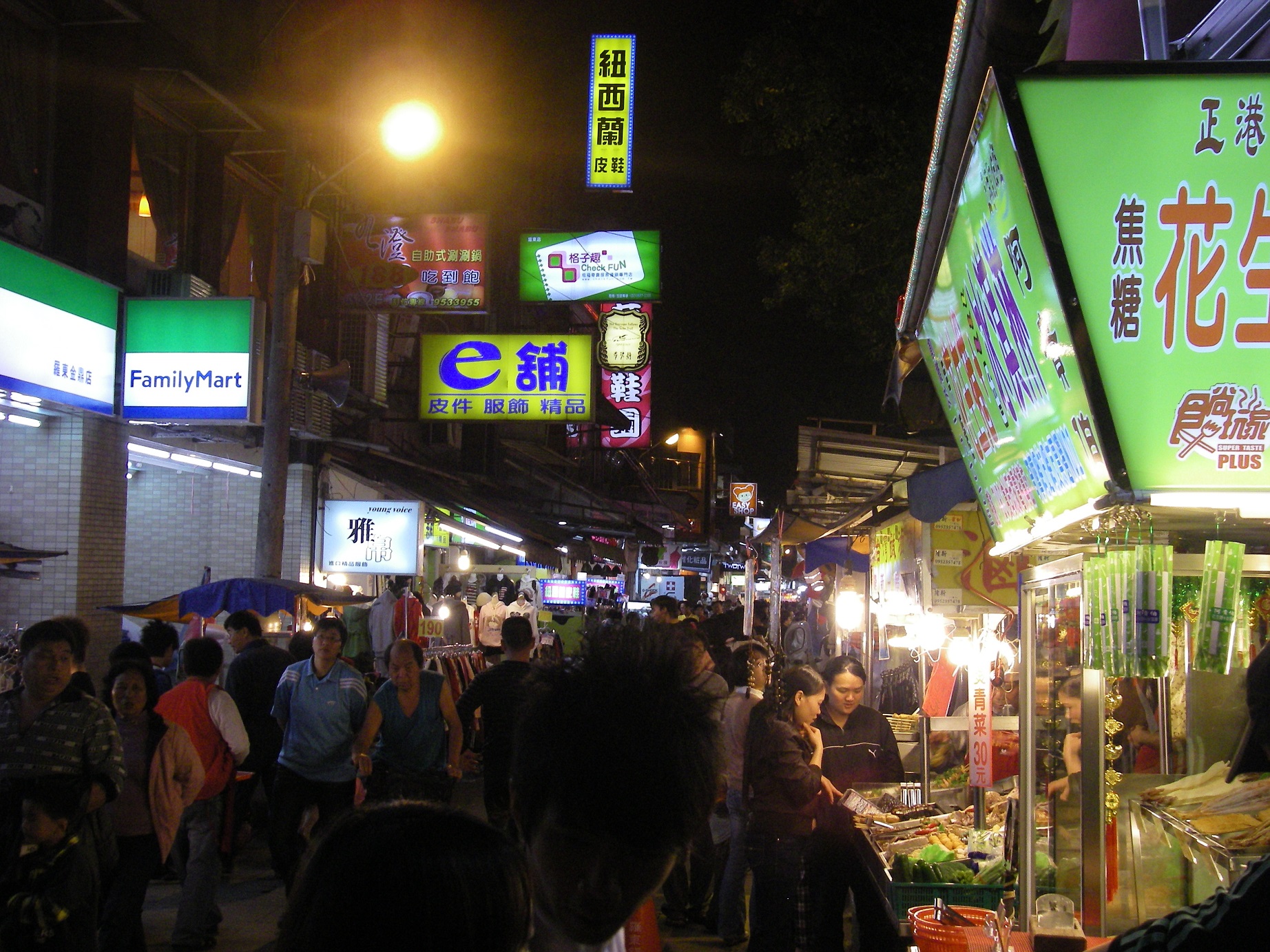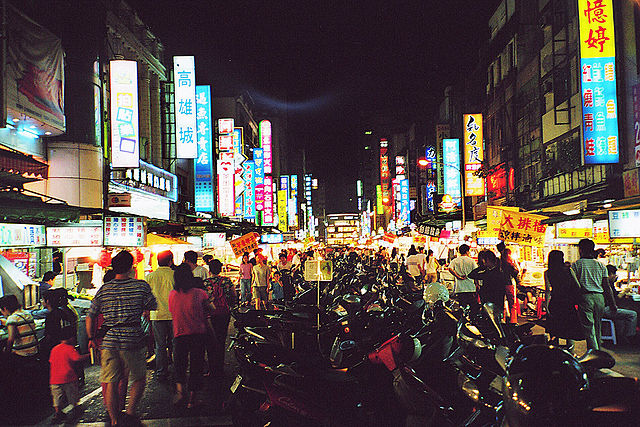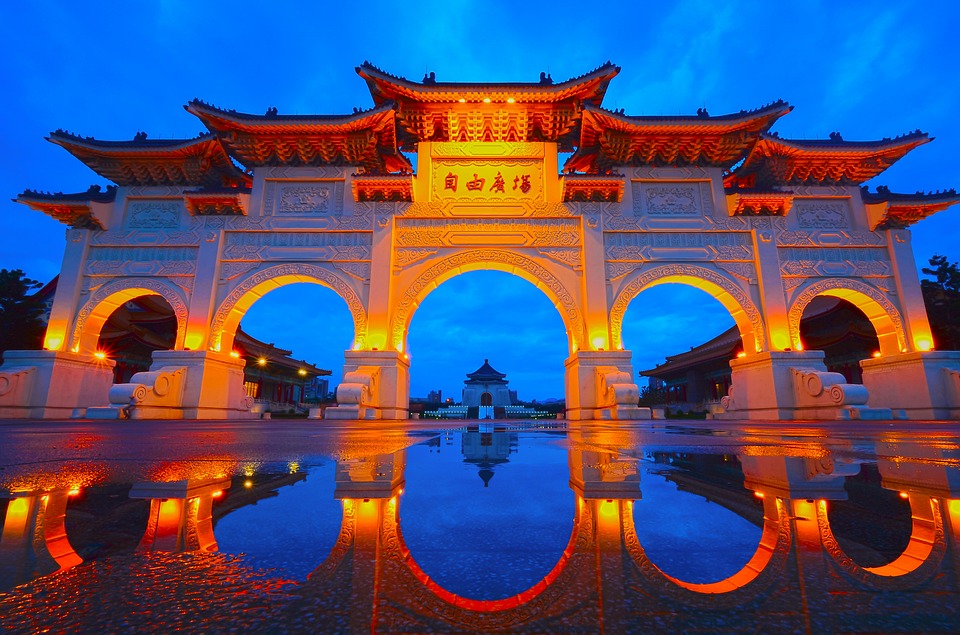In this blog, we will explore two languages that are important to Taiwan: Mandarin and English. We will first be discussing if English is widely spoken in Taiwan, and then move on to the importance of Mandarin and if you should learn the language.
English v/s Mandarin in Taiwan
Taiwan, formally known as the Republic of China, is a country where the majority speaks Mandarin or Standard Chinese. With the growing modernization of the country and its drive towards making English the official language, English is gaining momentum and becoming increasingly popular among the young and the old. English is taught universally, starting in elementary school. and the majority of the young population are found communicating (or trying to communicate) in English.
Is English widely spoken in Taiwan?
English is spoken a bit more in Taipei, the capital of Taiwan, than in other places. As the capital city, Taipei houses an advanced and well educated population with an English speaking inclination. They have a tendency to communicate in English. They will most likely speak to you in English, especially the young under 30 age group. If you venture outside Taipei, you may encounter some aboriginal Taiwan people. These people are not Chinese, and they are likely to speak to you in English. Business people in any city will also interact with you in English. However, this is a rare occurrence and you may find yourself in a bit of a problem if the people you interact with may not speak the language.
On August 2018, Premier William Lai in an interview with United Daily News had announced that Taiwan will make English an official language by 2019. The initiative aims to boost Taiwan’s global presence and make it a bilingual country by taking steps to significantly improve English language proficiency in Taiwan. To accomplish this, English will be taught to pupils from an early age. English is already a compulsory subject in every student’s curriculum in elementary school.
Moreover, according to a report by Taiwan News, The Ministry of Education (MOE) had announced its plans to increase the number of hours of English taught in school starting with third grade and raise the number of bilingual classes to over 160.
What this shows: Taiwan is taking proactive steps to encourage English speaking in the country. If you are interested in moving to Taiwan or go to Taiwan for a trip, be assured, that even if the people don’t speak impeccable English, communication will not be an issue due to the willingness of the local people to practice their English with English-speaking visitors.
Do you need to learn Mandarin to survive in Taiwan?
India inherited English as a second and official language from her British rulers. But in Taiwan, Mandarin is the official language, not English. Surprisingly, the people here use English for most purposes especially in major companies and Universities. Here-in there is a healthy number of English speaking people who will speak to you in English. If you go to Taiwan for work or study, you don’t have to worry about communication. In most cities, you can manage with English and perhaps some sign language. But this is not a long term solution. You may need to learn Mandarin.
Taipei is accustomed to foreigners who can’t speak a word in Mandarin, and people are more than willing to help if you face any difficulty. But let’s be realistic. There is no point in travelling or living in another country if language will prove to be a barrier. Your inability to speak the local language will prove to be crippling.
It is a healthy habit to adapt and learn new languages. Not only will it help you express yourself better, but it will help you communicate with people without outside help. This will actually make your stay in Taiwan a pleasant experience. Moreover, Mandarin is gaining momentum around the world. Countries like United States are already making Mandarin an essential language that students have to learn in schools. So why not just learn the language?
Addressing the above question, the answer is yes. You may have to learn Mandarin in Taiwan. But that’s great because you will be among the lucky few who are prepared to take on the future with your multi-lingual skills.
Conclusion
To conclude, if you go to Taiwan for a trip, you need not learn Mandarin because you’re only there for a short visit. But for those of you who want to settle down in Taiwan, learning Mandarin is a must. Not learning the language is not a feasible solution. So get cracking on learning the language already!
- If you have enjoyed this post, do share it with your friends on social media.
- To read about the Top 5 reasons that makes Taiwan a great study destination, click here.
- To know how to get an international MBA from Taiwan in under 5 Lacs, click here.






















































